Britain & Ireland
What was it about industrialisation that led to the emergence of a woman’s movement in Victorian Britain? Why do we see so many people fighting for so many rights and liberties in this period and what are the origins of some of the issues we still campaign on today? This section includes our major series on Social and Political Change in the UK from 1800 to the present day. There are also articles and podcasts on the often violent relationship between England and Ireland during this period and England’s changing relationship with Scotland and Wales. Read more
Sort by:
Date (Newest first) | Title A-Z
Show:
All |
Articles |
Podcasts |
Multipage Articles
-

Women in the Tramway Industry 1914-1919
ArticleClick to view -
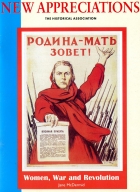
Women, War and Revolution
ArticleClick to view -
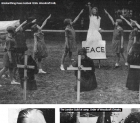
Woodcraft Youth: the interwar alternative to scouting
ArticleClick to view -
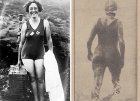
Writing Lilian Harrison into history
ArticleClick to view -
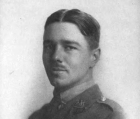
Writing the First World War - Podcasts
Multipage ArticleClick to view -
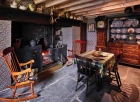
Yr Ysgwrn: keeping the door open
ArticleClick to view -
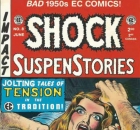
‘Guilty pleasures’: Moral panics over commercial entertainment since 1830
ArticleClick to view -

‘The cradle of the Industrial Revolution’
ArticleClick to view -

‘The story of her own wretchedness’: heritage and homelessness
ArticleClick to view -

‘Zulu’ and the end of Empire
ArticleClick to view

